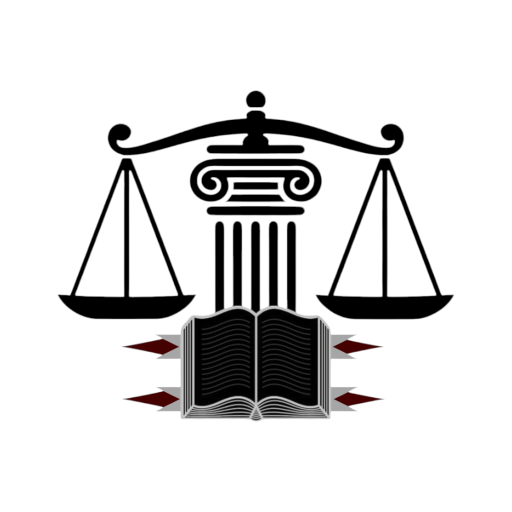Social Control
Introduction
Social control refers to how a society maintains order by regulating people\’s behavior. Sociologists explain that norms, rules, laws, and social institutions are used to guide and manage how individuals act. Without some form of control, it would be difficult for societies to function peacefully.
Meaning of Social Control
Social control means the ways a society controls individuals to make sure people follow rules and behave properly. This helps the society run smoothly and stay organized.
Definition of Social Control
-
It is the process that helps regulate how individuals or groups behave.
-
Social control can be active (laws, punishments) or passive (norms, customs).
-
It ensures that individuals and groups conform to the values and standards of society.
Purpose of Social Control
-
To make sure people behave in ways that match societal expectations.
-
To protect the interests of both individuals and society as a whole.
-
To prevent negative deviance — when someone breaks the rules in harmful ways.
Criminal Justice System
Introduction
The criminal justice system is made up of government institutions responsible for catching lawbreakers and punishing them. It is an essential part of maintaining law and order in any society. The system defines crimes, outlines punishments, and provides procedures for dealing with offenders.
Primary Institutions of the Criminal Justice System
-
Police
-
Prosecution
-
Defense Lawyers
-
Courts
-
Prisons
Components of Pakistan’s Criminal Justice System
In Pakistan, the main parts of the criminal justice system include:
-
Police
-
Judiciary
-
Prisons
-
Prosecution
-
Probation and Parole
Problems in Pakistan’s Criminal Justice System
Some major issues include:
-
Inaccurate reporting of crimes to the police
-
Malpractices and negligence during trials
-
Delays in submitting charge sheets (challans) to courts
-
Long and unbalanced trial durations
-
Overcrowded jails due to a large number of under-trial prisoners
-
Poorly developed systems for probation and parole
Main Parts of the Criminal Justice System in Pakistan
-
Police (Law Enforcement)
Responsible for maintaining order and arresting suspects. -
Courts (Adjudication/Trial)
Handle legal proceedings and determine guilt or innocence. -
Prisons (Corrections/Parole and Probation)
Manage punishment, rehabilitation, and release of prisoners.
1. Police
-
When a person is arrested, they are taken into police custody.
-
The District Attorney (DA) decides if there\’s enough evidence to send the case to court.
-
After arrest, a court decides one of the following:
-
Released on Recognizance (ROR) – the person is trusted to return for court.
-
Released on bond (bail) – money is paid to ensure return to court.
-
Detained in jail – held in custody until the next step.
-
The police are legally responsible for protecting people’s lives and property. Their powers are defined by the Criminal Procedure Code and Police Order 2002.
2. Stages of the Criminal Justice Process
-
Registration of FIR
The process begins when a First Information Report (FIR) is filed at a police station. -
Arrest
Once a suspect is arrested, they must be brought before a court within 24 hours. The court may order remand (temporary custody) for investigation. During this time, police may pressure suspects for confessions. -
Investigation
The police investigate the case after the FIR is registered. A specific officer is assigned to gather evidence. -
Preparation of Challan
After the investigation, the Investigating Officer (IO) prepares a challan (formal charge sheet) and submits it to the court.
3. Prosecution
-
The prosecutor connects the police investigation with the court proceedings.
-
A public prosecutor represents the state and presents the case in court.
-
Responsibilities include:
-
Conducting the case fairly on behalf of the state.
-
Presenting facts, evidence, and witnesses without bias.
-
4. Courts
-
A court has the authority to decide legal matters and deliver justice.
-
When a case starts, the first step is the arraignment (formal reading of charges).
-
The judge explains the accused person\’s rights and the charges against them.
The court may:
-
Dismiss charges if evidence is weak.
-
Allow the accused to stay out on ROR or bail.
-
Keep the person in jail if needed.
Trial Process:
-
If the accused pleads not guilty, a trial date is set.
-
Lawyers on both sides collect more evidence.
-
Witnesses may be called to testify.
-
A trial is held to decide guilt or innocence.
-
If the person is found innocent, they are released.
-
If guilty, they are sentenced with appropriate punishment.
Conclusion
The criminal justice system plays a vital role in maintaining law and order. However, in Pakistan, many issues like delays, corruption, and overcrowded jails weaken public trust. For true justice, the government must reform the system. A country may survive without resources but not without justice.
